5 anti-inflammatory foods for knee osteoarthritis
Loading up on antioxidant-rich foods may help lower inflammation and reduce pain levels in the process.
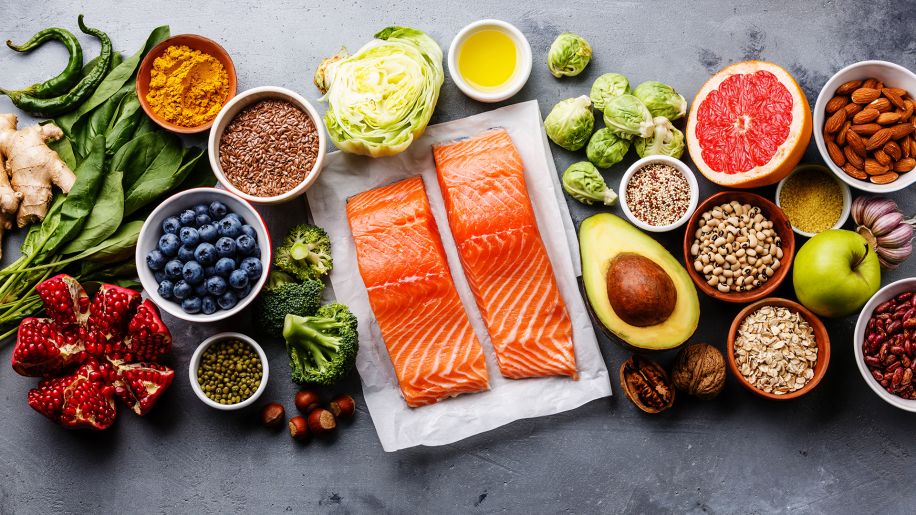
By Elizabeth Millard
A healthy diet is a key component of any treatment plan for knee osteoarthritis because not-so-great foods (those high in sugar, refined carbs, and saturated and trans fats) may increase inflammation in your body, which could lead to more joint pain.
Foods that are high in antioxidants, on the other hand, have the opposite effect. They fight inflammation, not only in your joints but throughout your entire system. That may help relieve knee pain, and also help prevent conditions related to inflammation, such as cardiovascular disease.
Here are some top anti-inflammatory foods to work into your weekly meal plans.
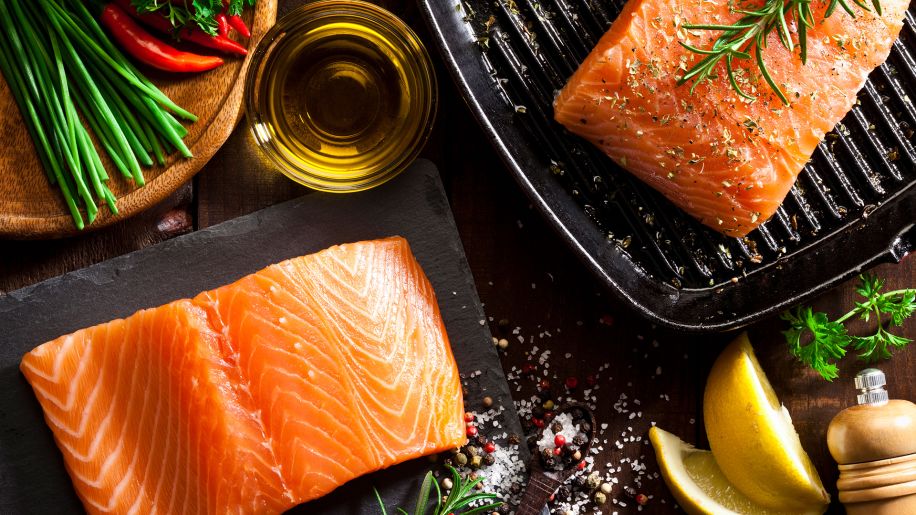
Put fatty fish on the menu
Omega-3 fatty acids—found in fatty fish like salmon, sardines, herring, mackerel and tuna—are among the most powerful inflammation fighters.
Eating between 3 to 6 ounces of these types of fish two to four times a week has been recommended for helping to lower inflammation levels. For those with knee osteoarthritis, less inflammation may mean less joint pain and swelling.
Although fish oil supplements are billed as a way to get the benefits of omega-3s without having to consume fish, the scientific evidence is not yet conclusive enough to confirm those claims. But fish oil may potentially protect joints from cartilage breakdown or reduce the severity of that process.
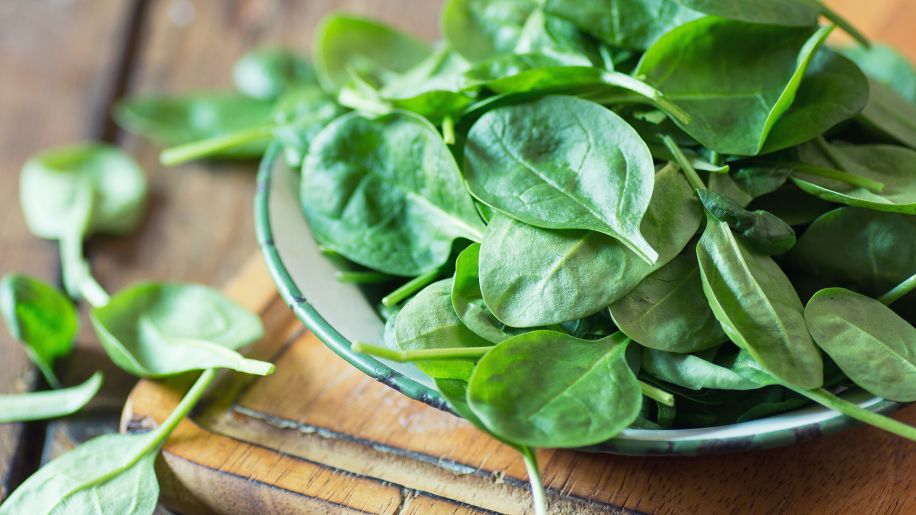
Load up on dark leafy greens
When you get to the greens section of the grocery store, skip the iceberg lettuce and load up on darker choices instead.
Options like kale, spinach, Swiss chard, bok choy, mustard greens and collards are nutritional powerhouses. They’re rich in health-supporting vitamins that may help lower inflammation and they also boast carotenoids, a type of antioxidant that protects cells.
Try to eat at least two to three servings of dark leafy greens each week.
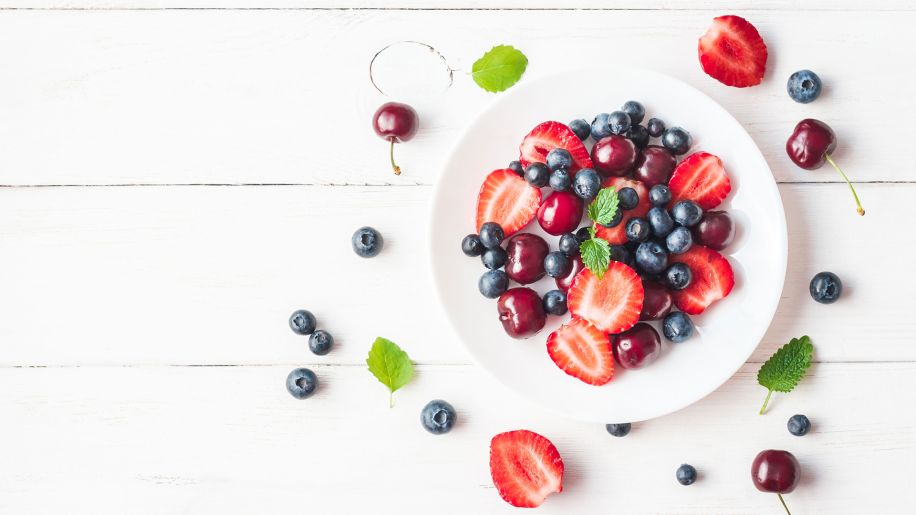
Scoop up berries and cherries
If you’re a fruit lover, easing your knee osteoarthritis can take a turn for the delicious.
Strawberries, raspberries, blackberries, blueberries and cranberries are all rich in antioxidants, which are linked to lower inflammation levels, as well as better heart health and lower risks for certain types of cancer.
Cherries are another top choice for inflammation fighting. Both sweet and tart cherries contain a variety of phytochemicals that show antioxidant activity. Choose fresh, frozen or canned, but avoid fruits packed in syrup.
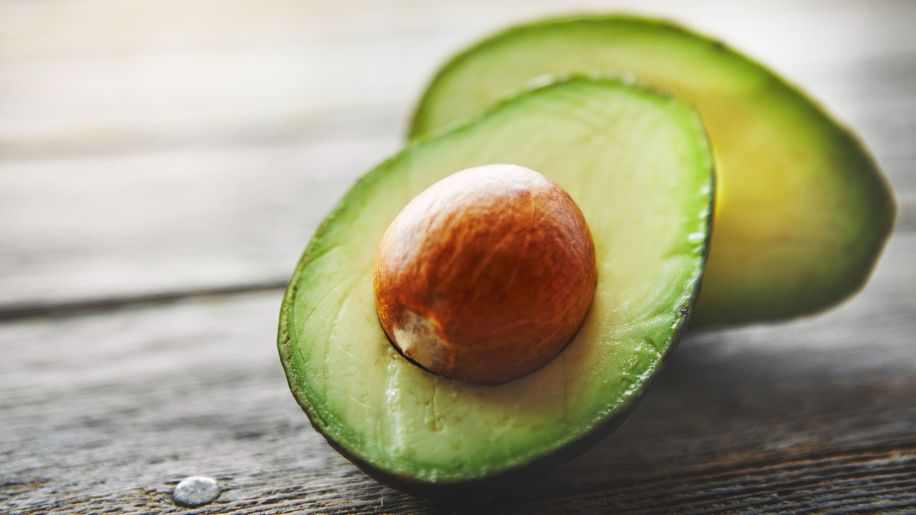
Indulge in avocado
Avocados boast monounsaturated fatty acids, a healthy fat that provides anti-inflammatory benefits. They also contain phytosterols, which may help decrease levels of certain proteins in the body linked to inflammation.
Part of the appeal of the avocado is its versatility. Sliced avocados can be tossed on salads, put into wraps and sandwiches, tucked into sushi rolls or spread on toast instead of butter. And of course, you can mash them and add salsa to make a crowd-pleasing guacamole.
In addition to possibly easing joint pain for your knees, you’ll also be doing your heart a favor by enjoying the luscious fruit. Several studies have linked higher consumption of avocado to better cardiovascular health, and preliminary research suggests they may support weight management as well. That said, avocados are calorie-dense (roughly 300 calories per fruit), so it’s smart to budget your intake accordingly.
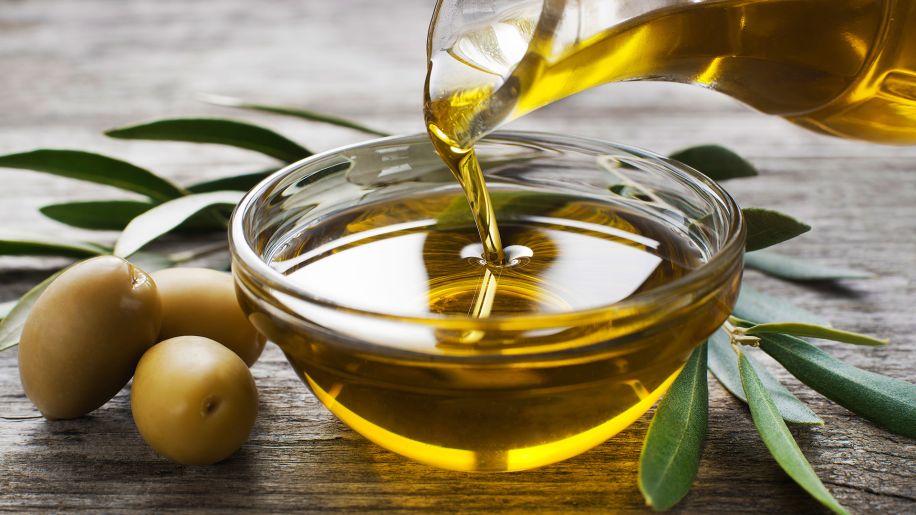
Drizzle on the olive oil
Extra-virgin olive oil contains oleocanthal, a compound that has properties similar to anti-inflammatory medications.
Oleocanthal prevents the production of certain enzymes that increase inflammation and, in turn, potential pain sensitivity. Olive oil has also been linked to improved heart health and decreased bone loss.
To keep the healthful properties of olive oil intact, be sure to buy or store yours in dark-colored bottles and keep them in a cool, dark place, since light and heat can degrade the oil.
Drizzle liberally on salads or use for low-temperature cooking. High-heat frying or baking can significantly reduce the anti-inflammatory properties of olive oil.
Featured Content

article


video

slideshow

article

slideshow
